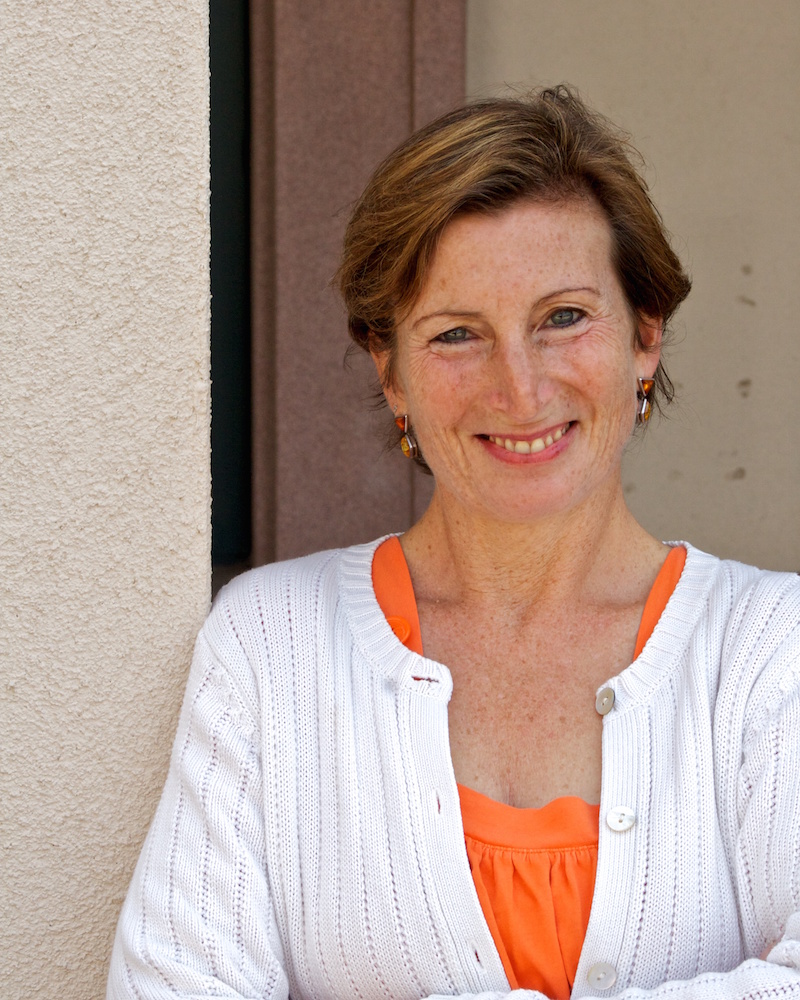Please contact me if you are considering graduate study in the history of the late Roman Empire or Late Antiquity at UCSB.
I’m interested in processes of transformation (political, religious, economic) in Late Roman Antiquity (3-5C). I am finishing a project exploring the role of patronage and propaganda in consolidating the emperor Constantine’s hold on power. I’m particularly interested in methodologies that integrate material culture with textual evidence as well as the reception of late ancient ideologies. For my next project, I’m planning to study the local character of Christian practice in the west before the Council of Chalcedon (451 CE). I’m especially interested in the extent to which ritual activity centered around virginity or motherhood might have come to be associated with Christian veneration of the Virgin Mother as well as exploring opportunities for women’s leadership in religious communities. I enjoy experimenting with different methodologies, thinking about historiographical trends, and learning about digital tools.
Research:
- the conversion of the Roman Empire to Christianity as it involved political authority, elite and imperial ideology, and public policy
- the social, political, cultural, and economic situation of late ancient Gaul as evidenced through material culture, transportation networks, and literary sources
- ritual activity in sacred places over the longue durée, especially as concerns virginity, motherhood, and the Christian veneration of the Virgin Mother
- the reception in later periods of late ancient ideology, especially within an American context
Teaching:
- Roman political change over time
- Roman religious and philosophical culture
- Roman law
- Historiography and methodology
Constantine, the Once and Future King: The Accidental Rise of Christian Autocracy in Late Ancient Gaul—This project explores how imperial power was constructed on the ground in the early fourth century. It argues that the emperor Constantine, governing the northwest quadrant of the empire, gained support through patronage coupled with propaganda built on local rhetoric, symbols and traditions. Focusing on Gaul, I find that precarity at the top and on the ground provided opportunities for his power to develop by aiming patronage at local needs while advancing his goals through propaganda sensitive to Gallic heritage. Well before Constantine challenged his co-rulers, his supporters constructed a sophisticated, powerful, audacious, and unique expression of divine right rule, a justification of sole imperial power. The success of this strategy secured his hold on Gaul, and the ideology became a tool that later propagandists would use to legitimize rulers with imperial ambitions in western Europe and the Americas.
Books
A Threat to Public Piety: Christians, Platonists and the Great Persecution. Cornell University Press, 2012.
The Making of a Christian Empire: Lactantius and Rome. Ithaca: Cornell University Press, 2000. Paperback, released 2012.
The Rhetoric of Power in Late Antiquity: Religion and Politics in Byzantium, Europe and the Early Islamic World, ed. with Justin Stephens, R. M. Frakes. London: I. B. Tauris, 2010; paperback, released 2020 (Bloomsbury).
Religious Identity in Late Antiquity, R. M. Frakes and Elizabeth Digeser, edd. Toronto: Edgar Kent, 2006.
Articles and Book Chapters (past two years)
“Shifting Economic Power in Autun: The Donation of Constantine,” Religion and Urbanity Online (De Gruyter, 2021).
“Lactantius’ Euhemerism and Its Reception,” with Avery Barboza. For Euhemerism and Its Uses: The Mortal Gods, edited by Syrithe Pugh (Routledge, 2021), 78-103.
“The Violent Legacy of Constantine’s Militant Piety.” For Religious Violence in the Ancient World, edited by Jitse Dijkstra and Christian Raschle (Oxford: Oxford University Press, 2020), 228-248.
“Apollo, Christ, and Mithras: Constantine in Gallia Belgica.” In Reconsidering Roman Power: Roman, Greek, Jewish and Christian Perceptions and Reactions. Katell Berthelot, ed. Rome: Ecole Française de Rome Open Edition Books, 2020.
HIST 4A: The Ancient Mediterranean
HIST 112A: Roman Imperialism
HIST 112C: Disaster & Reform (3-4C CE)
HIST 112D: Late Antiquity
HIST 112E: Roman Law
HIST 114A: History of Early Christianity to 800 CE
201E: Advanced Historical Literature (recent topics: Problems and Issues in Classical Reception)
213AB: Research Seminar in Roman History (recent topics: working with comparative history)
2015- 2021: Founding Editor and then Co-Editor-in-Chief of Studies in Late Antiquity (UC Press)
since 2010: Director of the California Consortium for the Study of Late Antiquity
since 2008: Member, Advisory Board for the Journal of Early Christian Studies
2008: Distinguished Teaching Award, UCSB Faculty Senate
Website:
Former PhD Students:
Ryan Abrecht, Associate Professor, University of San Diego
James Conrad, Latin Instructor, Basis Charter Schools
Olivier Dufault, author of Early Greek Alchemy, Patronage, and Innovation in Late Antiquity (UC eScholarship)
Éric Fournier, Professor, Department of History West Chester University (with H. A. Drake)
Lisa Meyers Johnson, Senior Learning Experience Designer, Doosan Bobcat
Jason Linn, Lecturer, Department of History, Cal Poly San Luis Obispo (with J. W. I. Lee)
Heidi Marx, Professor, Department of Religion, University of Manitoba (with H. A. Drake)
Chris Nofziger, Senior Consultant, The Spur Group,
Lindsey Scholl, Humanities Teacher & Latin Chair, Trinity Classical School of Houston
Alison Turtledove
Tracey Watts (with John W. I. Lee)
Peninah Wolpo, Assistant Professor, University of New Mexico, Los Alamos

